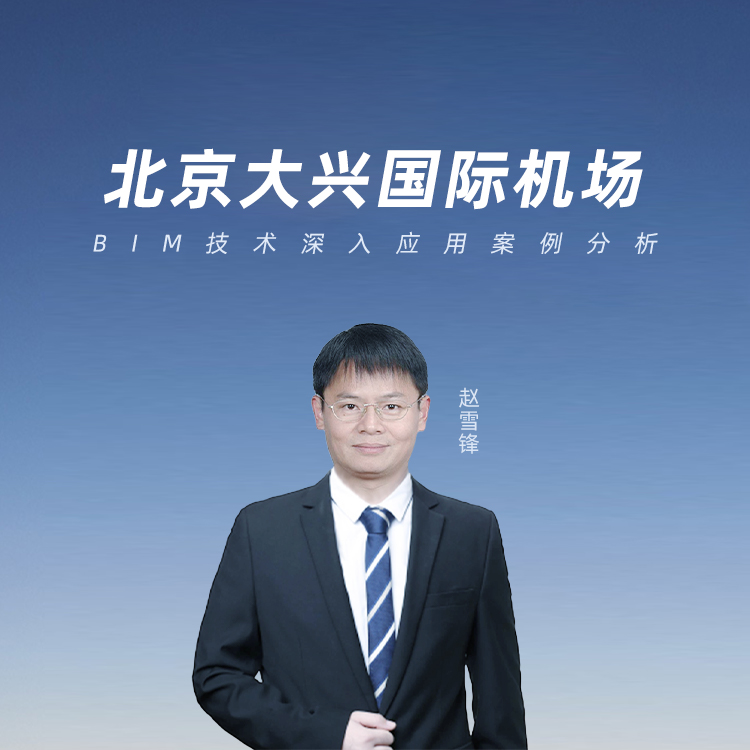【摘要】 BEC网权威发布2017年5月商务英语初级阅读模拟试题及答案(6),更多2017年5月商务英语初级阅读模拟试题及答案(6)相关信息请访问商务英语
BEC网权威发布2017年5月商务英语初级阅读模拟试题及答案(6),更多2017年5月商务英语初级阅读模拟试题及答案(6)相关信息请访问商务英语考试(BEC)网。COMPUTER companies keep competing to build smaller devices (装置). They are finding new ways to put data (数据) into less space on a memory chip (内存芯片). Computers have been made smaller to fit on to the desktop, smaller again to fit on our laps and again to fit into our shirt pockets (口袋). Now, Stuart S. P. Parkin, an IBM researcher, is looking into a new idea in an IBM lab. If it proves successful, electronic devices could hold 10 to 100 times the data in the same amount of space. That means the iPod that today can hold up to 200 hours of video could store every single TV program broadcast (播放) during a week on 120 channels. Parkin thinks he is close to a breakthrough. This could increase the amount of data stored on a chip. At present the flash drives (闪存卡) business is growing quickly. They are used in digital cameras, cellphones and PCs. Flash drives with multiple (多个) memory chips store up to 64gigabytes (十亿字节) of data. A single chip is expected to reach about 50 gigabytes in the next five years. However, flash memory has a problem. Although it can read data quickly, it is very slow at storing it. That has led the industry on a hunt for new storage technologies. Scientists say Parkin’s new computer memory, called "racetrack memory (赛道内存)", could begin to replace flash memory in three to five years.
